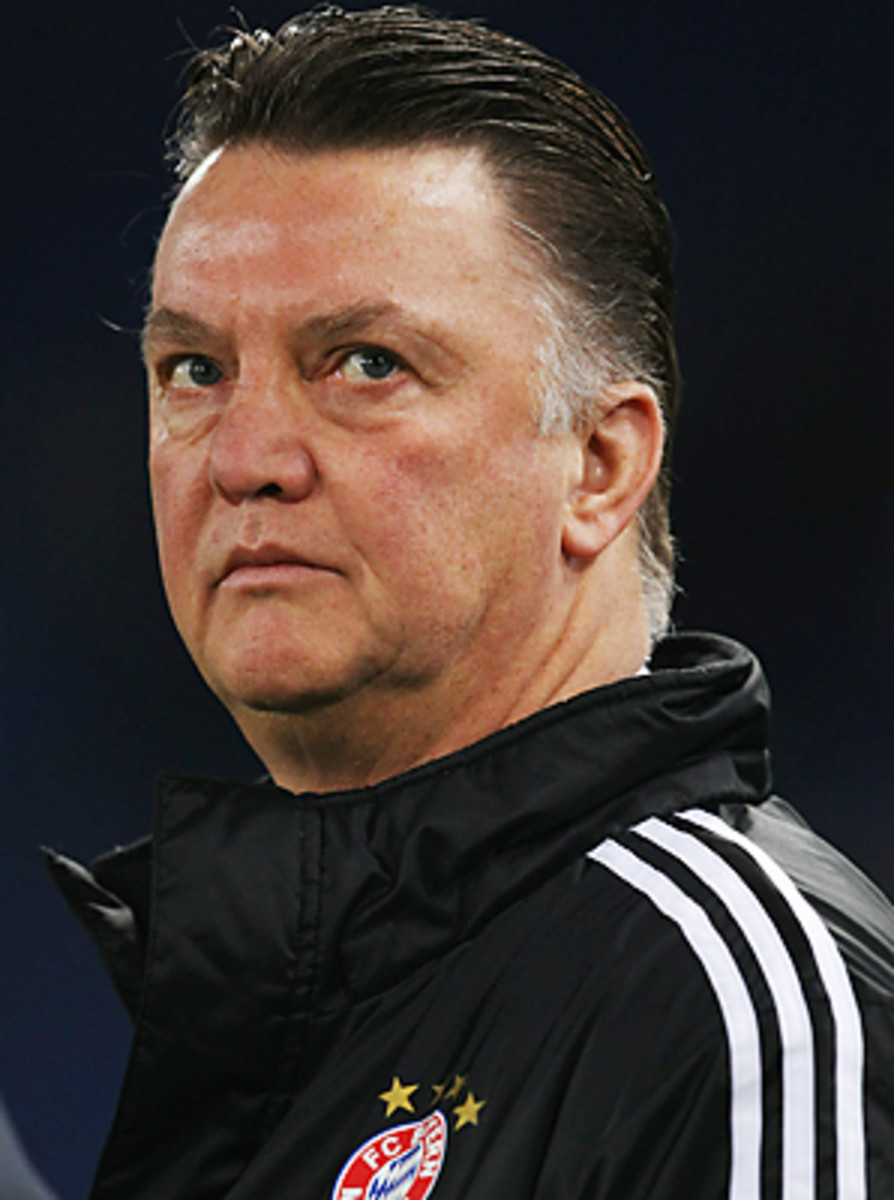
Bayern Munich's struggles in Bundesliga uncover internal rifts
"This is a defeat we can live with," Karl-Heinz Rummenigge told sponsors and reporters at the official post-match banquet in the team hotel. "We'd all be well advised to deal with it in a serene manner."
The Bayern Munich CEO has been around long enough to know that this advice will probably go unheeded. Germany's biggest, brashest football club doesn't do serenity -- even when results are going to plan.
The 3-2 loss in the Stadio Olimpico has, on the face of it, little bearing on Bayern's season. It still managed to qualify for the Champions League knockout phase as group winners with one game to spare, a marked improvement from the season prior when it needed an improbable 4-1 away win against Juventus in the last match to progress. But both the manner of the defeat against AS Roma and the disappointing run in the domestic league, where the champions are eighth, a whopping 14 points adrift of league leader Borussia Dortmund, have enhanced the sense of crisis. Instead of closing ranks and concentrating on the five meaningful matches before the winter break (four in the league, one in the German Cup), Bayern is again at war with itself.
Coach Louis van Gaal is at the center of the internal strife. The Dutchman, a man who likes a bit of "provocation," in the words of sporting director Christian Nerlinger, one of his few supporters on the board, has engaged in a power struggle on two fronts. After the (mostly personal) disagreements with Bayern president Uli Hoeness earlier this month, van Gaal made a point of openly contradicting Rummenigge this week. Rummenigge had said that midfielder Bastian Schweinsteiger would either extend his existing contract (expires June 2012) or be made to stay for another season. "Either way, he will not be sold," Rummenigge said. Van Gaal, though, declared that Bayern should rather sell for the German international, Bayern's most important player at the moment, for €30m in case they couldn't agree to an extension.
"My clubs have always made good money," the 59-year-old added. And he went one step further. "I pick the team, not the CEO," he insisted, in reference to Rummenigge's thoughts about the team-selection ("he can play a few of the substitutes") for the Roma game.
It's all fairly trivial stuff, you might think, but these differences are only the latest signs of deepening rifts. Van Gaal's ego-centric, sometimes self-righteous ways are much more difficult to tolerate by the bosses now that Bayern is doing so badly in the Bundesliga. One big contention is transfer policy. Van Gaal's job would be much more secure if he hadn't vetoed the addition of one or two new players in the summer. Privately, Bayern's movers and shakers are dismayed that the former Barcelona coach seems hell-bent on proving that he can make existing players better. The often cited example of Sami Khedira (Real Madrid), whom van Gaal rejected in favor of 18-year-old David Alaba, illustrates the problem perfectly. Unlike his predecessors, who often bowed to the wishes of the board or were at least responsive to some suggestions, van Gaal is unwilling to listen. He is convinced he knows best, a difficult position in the face of this season's results.
Rummenigge explicitly reminded the coach about his own 30 points target before Christmas on Tuesday night. In order to get there, Bayern has to take 10 points from the next four matches, quite a tall order. If the coach falls short, the pressure on him will increase. In the corridors of the club HQ in Säbenerstrasse, the whispers are getting louder.
"I think we will see a clear-out of defensive players (in the January transfer window), maybe the coach will go, too," one insider told SI.com on Wednesday.
It hasn't quite come to that, yet. But van Gaal's position isn't made easier by the fact he is currently facing dressing-room opposition, too. In an interview conducted in German, Franck Ribéry told SKY Germany that his relationship with the manager was "normal," "he is doing his job, I do mine." He wanted more communication with van Gaal and was disappointed that he had been criticized by his superior in public last week. "He didn't try hard enough," van Gaal said about Ribéry's poor performance in a test game a few days ago. Van Gaal joked that he had showed the midfielder plenty of "love" before the Roma game, but Ribéry's criticism goes to the very heart of what Hoeness said a couple of weeks ago. There is a suspicion that the manager's autocratic style is too rigid to be sustainable over a long period of time.
But that's not all. Bayern's malaise threatens to expose the fault lines in the complex relationship between Hoeness and Rummenigge, too. From his idyllic retreat at Lake Tegernsee, the president is said to be watching developments at "his" club with increasing irritation. His semi-retirement was supposed to pan out very differently.
All these factors make Saturday's match versus Eintracht Frankfurt a very big one. It's the last game before the club's AGM next Tuesday, when the grass-root supporters will make their feelings heard. A year ago, the occasion marked a bit of a turning point, as the under-fire van Gaal was warmly applauded by the members. This time, his reception might be considerably cooler.





